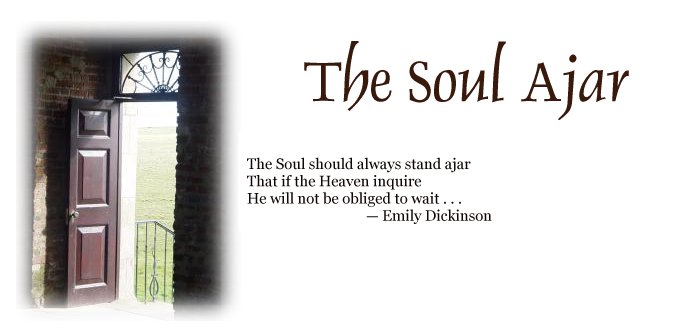As announced, at left is my
"Maylilies" logo. The photographer,
Lair Rake of
Milwaukee, calls the picture "Lush Orange Day Lilies." I've recently
adopted orange as "the flag of my disposition" (after a visit to
The Gates in
New York last February), so the image seems apt. So here we go –
thirty-one personal essays coming up.
I'll start the month with a rant. The title of this piece is "Obituary
Tropes." A trope is a word or an expression used in a figurative sense,
or a common or overused theme or device. Back in December I wrote about
"
epistolary tropes"
in poking fun at the beloved genre of the annual holiday letter. Today
I'm going to go on about what I see as a disturbing trend in the modern
obituary, at least as it is reflected in the
Patriot-News,
the newspaper of record of the capital city of Pennsylvania.
The
Patriot always ran
obituaries free of charge. From experience handling my parents' deaths,
I recall that the funeral director took the information and transmitted
it to the newspaper. The notices ran on the second (and sometimes the
third) page of the second (local) section, each a column wide and in
the same font and size as all the other news articles. They followed a
pattern: So-and-so, age, of Someplace, died on Date. He was (a graduate
of, an employee of, a member of) whatever. He was the spouse (or the
widow) of (person he married). He is survived by (children, oldest
listed first), grandchildren (number of them, no names unless they were
the one with whom the deceased lived) further generations (again,
numbers only). Services will be held on (the date set). Contributions
can be made to (some suitable fund).
About two years ago the newspaper announced that henceforth only
fifteen lines of an obituary would be printed without fee. If a longer
notice was desired, the family or the estate would have to pay. My
pastor, who researched this for a sermon, learned that the average
obituary was costing about $100-$150. Photographs could be included for
an additional charge.
At first, the notices seemed not much different from the ones that had
been placed before. After a while, though, it became apparent that the
obituaries were being printed unedited, just as they came from the
well-meaning family member assigned the task. They took on a certain,
well, tone. No longer just a listing of dates, associations, survivors,
and arrangements, they became tributes. Those being memorialized were
going to be sorely or
dearly or sadly missed by everyone who knew them. People were survived
not only by their children and grandchildren, but by their dogs or cats
or, in one case, six named horses.
And in trying to honor the late loved one, family members began
reaching for elevated language. It seems it was no longer sufficient
just to say the person had died.
The
Patriot-News published
133 obituaries last week. Of those 133 souls, only 86 "died
," while 34 passed away. Some of those didn't merely pass
away, however. They passed away unexpectedly, peacefully, suddenly, of
natural causes, with their family present, or after losing a battle
(or, in a few cases, a brave battle) with some dread disease. One
person passed from this life to be with God, two went to be with the
Lord in two separate locations, several were called or taken or
otherwise left this life to be with the Lord, one was called home for
this purpose, and three merely departed this life with no destination
specified.
One person, however, was said to have "ascended into heaven on the 28th
day of the month of April in the year of Our Lord 2005."
That's well over the top. Somebody at the newspaper needs to take
control.


